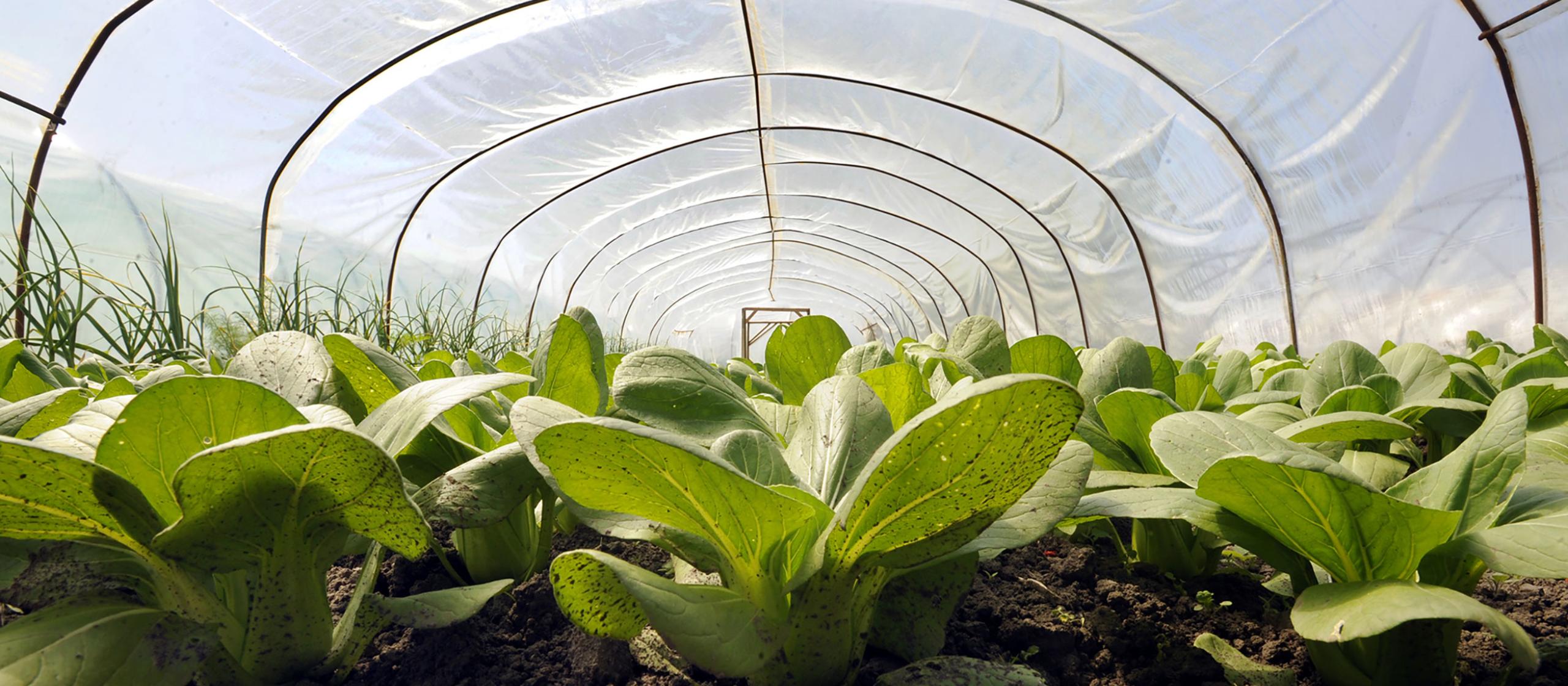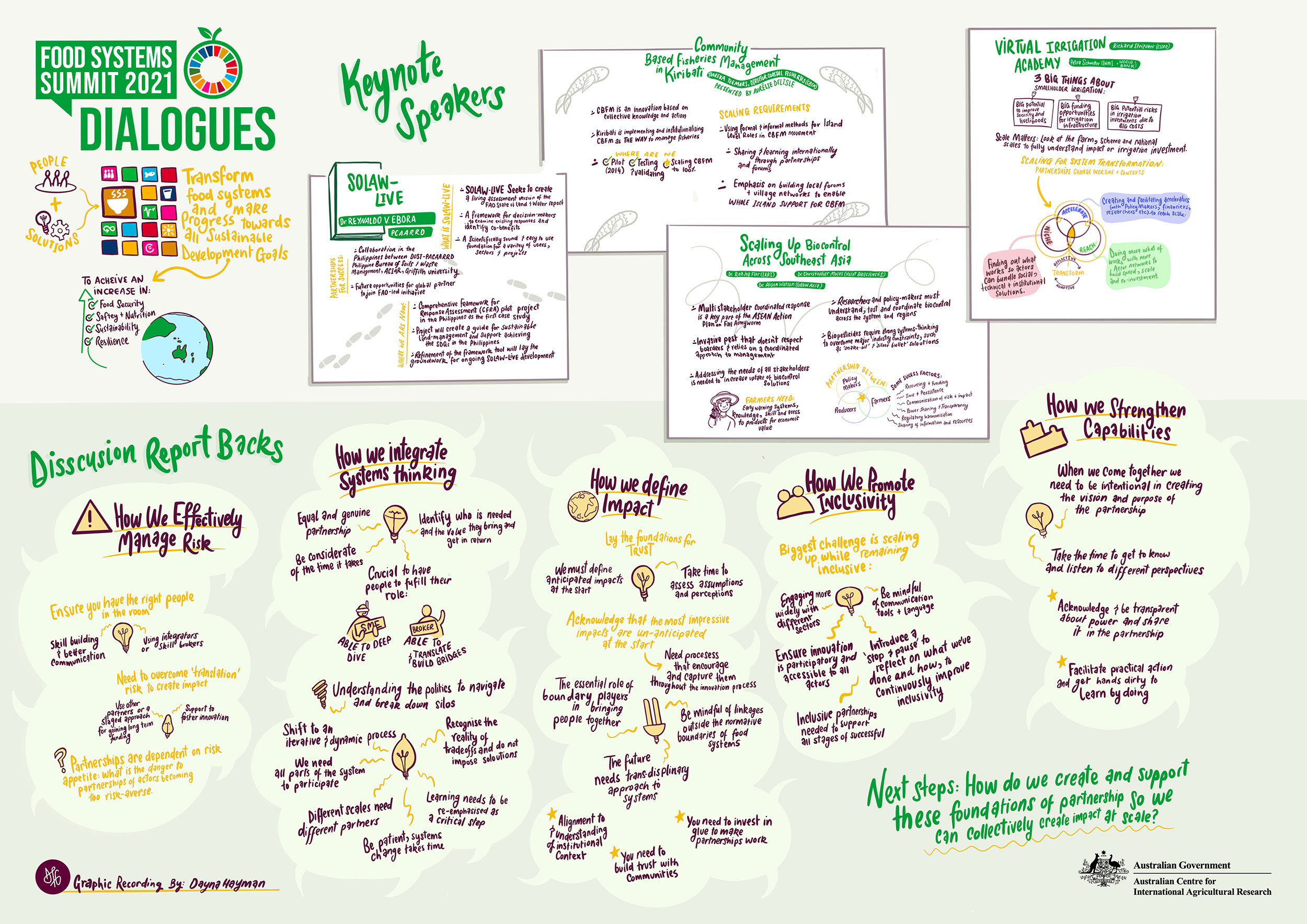- HomeHome
-
About ACIAR
- Our work
- Our people
-
Corporate information
- ACIAR Audit Committee
- Commission for International Agricultural Research
- Policy Advisory Council
- Agency reviews
- Executive remuneration disclosure
- Freedom of information (FOI)
- Gifts and benefits register
- Information publication scheme
- List of new agency files
- Contracts
- Legal services expenditure
- Privacy impact assessment register
- Commonwealth Child Safe Framework
- Benefits to Australia
- Careers
- 40 years of ACIAR
-
What we do
- Programs
- Cross-cutting areas
- Resources
- Where we work
-
Funding
- Research projects
- Fellowships
-
Scholarships
- John Allwright FellowshipScholarships to study in Australia for ACIAR partner country scientists to have Australian postgraduate qualifications
- ACIAR Pacific Agriculture Scholarships and Support and Climate Resilience Program
- Alumni Research Support Facility
- Publications
- News and Outreach
Date released
20 September 2021
By Dr Julianne Biddle, Director Multilateral Engagement, Research Strategy, ACIAR
Late in 2020 the research team at ACIAR began to realise that 2021 was going to be an important year in research for agricultural development. It was shaping up to be a year pressed on all sides by a global pandemic and increasing signs of climate change.
We needed to look down the barrel at the next ten years, asking the question: ‘How are we going to achieve the United Nations (UN) Sustainable Development Goals (SDGs) by 2030?’.
Others around the world had been asking the same question, prompting the UN to convene the Food Systems Summit to begin the Decade of Action. Other international events were also shaping up for a pivotal year, particularly the UN Climate Change Conference of the Parties (COP26).
We realised that ACIAR had an important role to play in international engagement in 2021.
ACIAR alignment with the UN
The purpose of ACIAR research is to support the development of more productive and sustainable agricultural systems in developing countries by enabling international agricultural research partnerships.
This aligns with the purpose of the UN Food Systems Summit. It is as a people’s summit—bringing together key actors from diverse sectors. It is also a solutions-focused summit—creating tangible, actionable changes to the world’s food systems.
To support the activity, ACIAR co-convened two UN Food Systems Summit Dialogues: one on ‘Multi-stakeholder Partnerships for Scaling Agricultural Innovation’ and the other on ‘Food Loss Research’. We have continued to contribute to numerous others, and we are participating in many more.
It’s all about partnerships
ACIAR has a history of building robust long-term, highly effective partnerships which allow Australia to support locally led collaborative research in numerous contexts that deliver benefits domestically and abroad. Our Dialogues brought together research and development stakeholders from around the world to reflect on the important elements of partnership that are needed to support science and innovation.
ACIAR did this to reflect the multi-stakeholder inclusivity and system complexity that informs all of Australia’s research and development in international agriculture. Our engagement in global events in 2021 aims to highlight the critical importance of the contributions of international partners and Australian stakeholders (including government, industry and academia) in coming together to tackle complex food systems challenges.
But why partnerships?
Partnerships in agricultural research can be a difficult-to-put-your-finger-on kind of thing, meaning that many organisations that do agricultural research aspire to do more with and through partnerships. But knowing how to make this happen, the key components for success and, even more importantly, how to ensure impact through the partnership can be extremely tricky.
If it can be so challenging, then why partner? We all know how valuable partnerships can be. They can be beautiful.
Partnerships can help validate, build and extend our ideas. They can help make our dollars go further; they enable us to share the load; they can allow research to have impact in places where we normally wouldn’t have reach; and they can allow us to go beyond our normal risk profile.
We have seen all these benefits flow from our partnership-based research, and we want more. We want to use partnerships as tools to achieve all these benefits and, through them, deliver game-changing research for agricultural development.
Making a successful partnership
Through the ACIAR co-convened UN Food Systems Summit Dialogues we brought together participants from many countries (29 countries for just one dialogue) in a truly global collaborative effort to explore the tangible elements and application of partnership.
Participants contributed to small-group discussions where they were able to take the time to share their own examples of innovation and best-practices with one another. From these discussions emerged five foundations as being central to building successful partnerships as we scale food systems solutions. The participants identified that partnerships must manage risk effectively, promote inclusivity, integrate systems thinking, define impact and strengthen capabilities.
Strong partnerships require that each of these foundations is considered at each stage of innovation: from problem definition, through options analysis and validation, in order to scale solutions successfully.
Partnerships from here
These types of global engagements through the Dialogues in 2021 have only strengthened our belief that partnerships are the key mechanism through which tangible change can occur in the world’s food systems.
The learnings from these and future events will be shared and used to inform research through to collaborative scaling of game-changing innovations to achieve the SDGs throughout the next decade.
More information: www.aciar.gov.au/UNFSS




